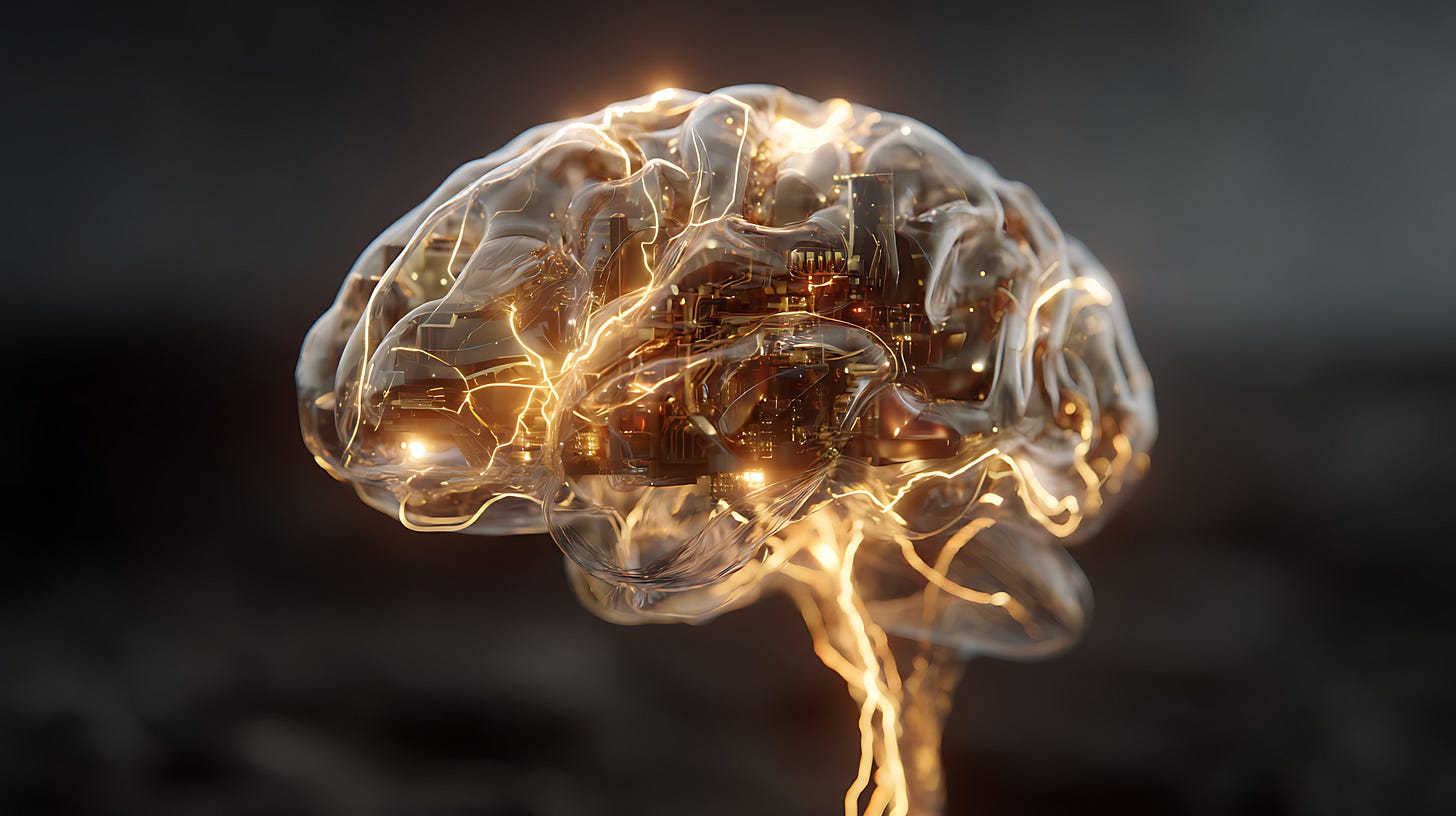🧠 The Great Decline
Why Human Intelligence Is Falling — and What We Can Do About It
We live in an age of miracles.
A child can access more knowledge on a phone than a scholar could in a lifetime a century ago.
Yet somehow — paradoxically, painfully — we’re getting dumber.
Not just less informed.
Less curious. Less thoughtful. Less capable of distinguishing truth from noise.
Everywhere we turn, the signs are obvious: collapsing attention spa…




